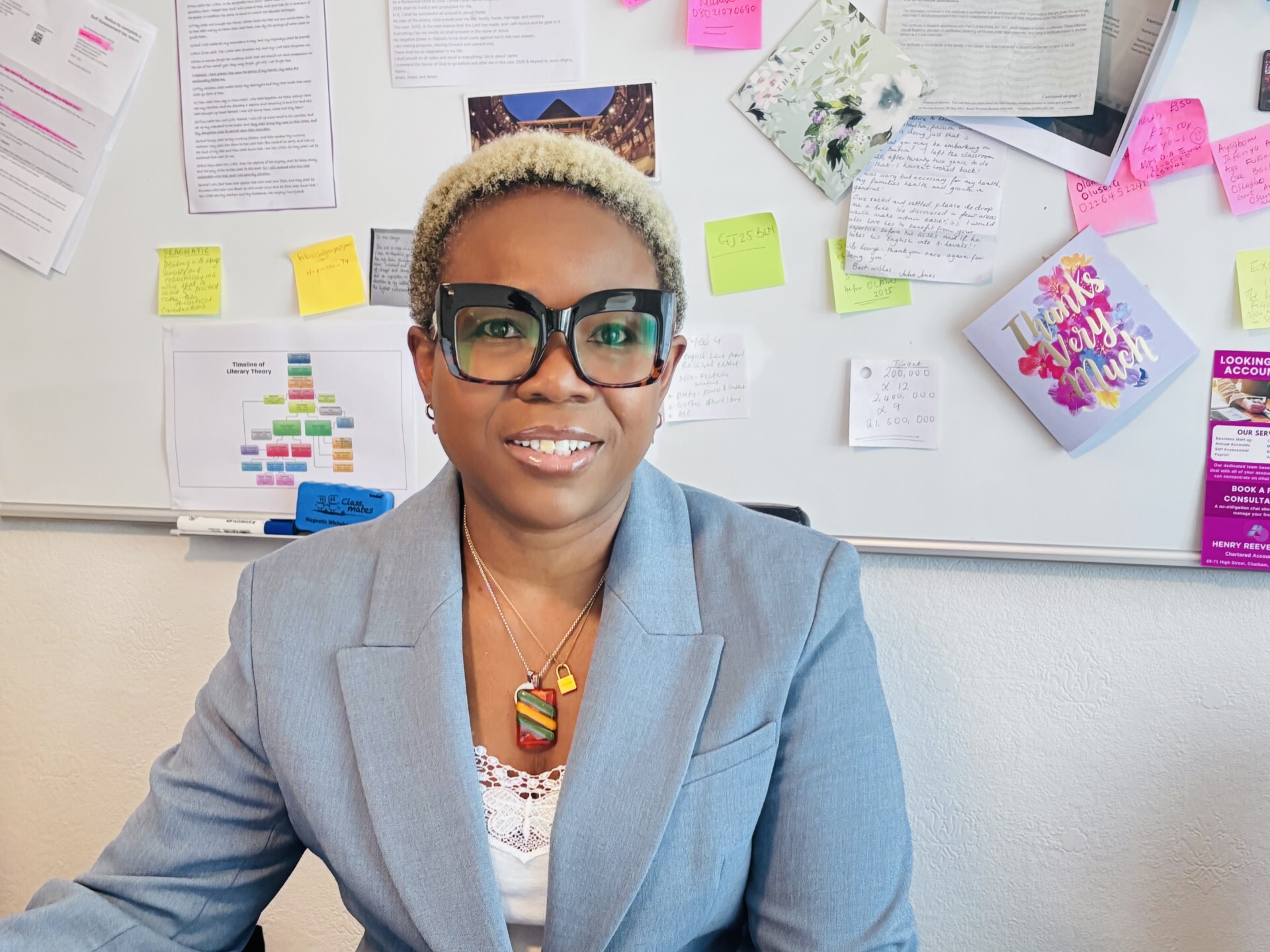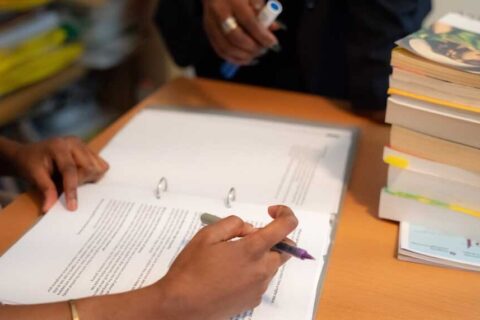
Creating a comprehensive tutor lesson curriculum requires careful planning to ensure that all essential topics are covered, learning objectives are met, and students remain engaged. Below is an example of a structured curriculum for a general educational program, suitable for tutoring in English and English Literature. The curriculum is divided into daily lessons, with clear objectives and activities for each session.
Tutor Lesson Curriculum
Week 1: Introduction and Diagnostic Assessment
Objective:
- Assess students’ current knowledge and skills.
- Set learning goals for the program.
Activities:
- Introduction:
- Welcome and program overview.
- Introduction to the tutor and students.
- Diagnostic Assessment:
- Conduct baseline assessments in English and English Literature.
- Review assessment results and identify areas of strength and improvement.
- Goal Setting:
- Discuss individual learning goals.
- Create a personalized learning plan for each student.
Week 2: English/English Literature – Reading Comprehension
Objective:
- Improve reading comprehension skills.
- Develop strategies for understanding and interpreting texts.
Activities:
- Introduction to Reading Strategies:
- Skimming, scanning, and detailed reading.
- Practice Reading:
- Read selected passages and answer comprehension questions.
- Discussion:
- Discuss the main ideas, themes, and details of the texts.
Week 3: English/English Literature – Writing Skills
Objective:
- Enhance writing clarity and coherence.
- Practice grammar, punctuation, and spelling.
Activities:
- Writing Workshop:
- Introduction to essay structure (introduction, body, conclusion).
- Writing Practice:
- Write a short essay on a given topic.
- Peer Review:
- Exchange essays with a partner for feedback.
Week 4: Review and Reflection
Objective:
- Review key concepts from previous lessons.
- Reflect on progress and areas for improvement.
Activities:
- Review Session:
- Recap of major topics in English/English Literature.
- Practice Assessments:
- Conduct assessments to measure improvement.
- Reflection:
- Discuss progress with students.
- Update learning goals and plans for continued study.



